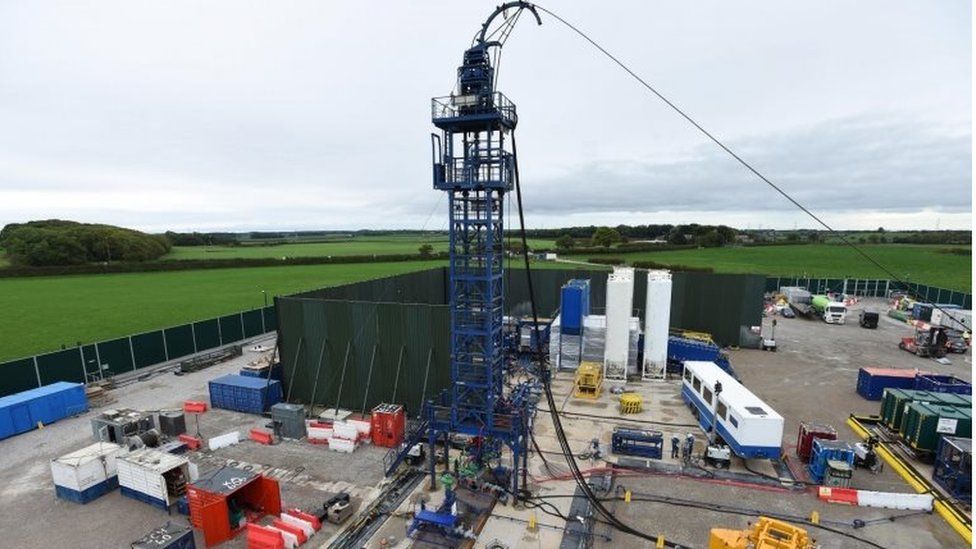UK CLAMPS DOWN ON FRACKING OPERATIONS
In a display of action to show the UK’s full intentions to go net-zero by 2050, the Oil and Gas Authority have ordered two shale gas wells to be plugged and shut down.
The site had already been shut since 2019 following tremors, delays and protests, but now they are to be shut down indefinitely.
The Lancashire wells at the Preston New Road site have not been used since 2019 following a report of a 2.9 magnitude earthquake located near the site. The Oil and Gas Authority announced that they could not accurately predict the size of earth tremors that would occur due to this facility's operation, and so ordered its shutdown.
The site had already had plenty of other setbacks to its operation, including numerous protests and delays. Locals living near the fracking site were vehemently against its operation, especially as fracking can often lead to detrimental environmental impacts, such as poisoned water sources, weakened land structure, and devastating earth tremors. UK housing has not been designed to withstand and cater for consistent and repeated earth tremors, such as those found as a side effect of fracking, and this can result in structural damage that can be a threat to life.

The site owners Cuadrilla said that the decision to shut down the fracking is a mistake, especially during a time of a national energy crisis. They claim “Shale gas from the North of England has the potential to meet the UK’s energy needs for decades to come” as well as stating that “leaving our own shale gas in the ground will make reducing global emissions even harder”.
It, however, was clear to governing bodies that the use of fracking was not going to have a major impact on energy prices, as UK prices are set on a European standard. Along with a lot of consumers now becoming more invested in their energy sources, suppliers are becoming aware of where they are accessing their energy. This “lack of acceptance” in the supply chain is a leading factor why shale gas will not have as big an impact on energy prices as many suggest, says Prof Richard Davies from Newcastle University.